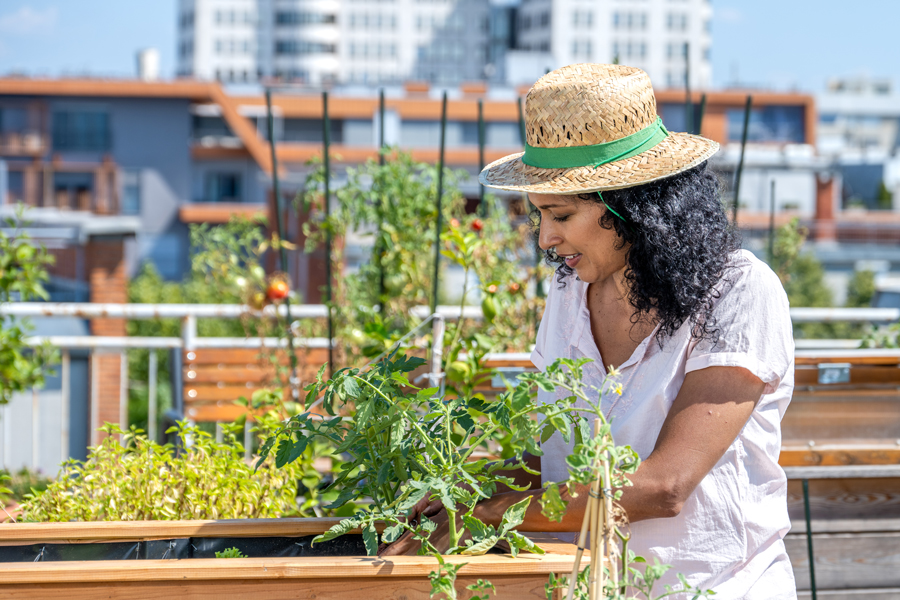If your family is one of the many considering raising a flock of backyard chickens, there are a few things you may want to consider before you bring the birds home to roost.
Whether it is the increased desire to know more about where our food is coming from, or the inner yearning to get back to our rural roots, backyard flocks are on the rise.
I know my family has gotten a lot of enjoyment out of our six hens. In this day and time when young people think our food originates from the fast food window, my boys have gained an appreciation for what it takes to raise animals.
If you are thinking about starting a flock of your own, there are some things may want to ask yourself.
Am I allowed?
First you need to find out if your property is zoned to allow poultry. Make sure you’re legally allowed to keep chickens in your backyard. Your local county or city planning and zoning office should be able to tell you what zone you are in and if that zone allows backyard chickens.
The rules vary from jurisdiction to jurisdiction, but some counties and cities don’t allow any farm animals — including a small flock of chickens — on residentially-zoned areas.
Some cities and counties have had their code enforcement officials issue warnings, citations or even confiscate chickens if they find them in an area where they are not allowed.
Regardless of your zoning, you may also want to make sure your neighbors are fine with your decision to “get back to the farm.” Of course, sharing a few fresh eggs on occasion always seems to sweeten the smell of a few Henny Pennies running around.
Should I get a rooster?
There’s a common misunderstanding out there that your hens will not lay eggs unless you also keep a rooster in your flock. You only need a rooster if you want fertilized eggs and eventually baby chickens. Not having a rooster will also cut down on those irate calls from your neighbor when Roscoe the Rooster decides that everyone in the vicinity of his crow should wake up at 5 a.m.
Where will my birds live?
Free range chickens pecking around the yard sound quaint, but only until your neighbor’s dog decides he wants chicken for dinner. An enclosed pen is much safer.
Pens should provide each bird with at least 3 square feet of living space so they have adequate room to stretch out and move around.
Mobile pens are becoming a more popular option for backyard chickens. Often referred to as “chicken tractors,” these pens usually are on skids and can be pulled around your yard or pasture, providing the birds a fresh patch of grass and insects as it’s moved.
Whether going for a mobile or fixed structure for your chicken coop, access to fresh water, feed and roosting bars are a necessity. Roosting bars elevated off of the ground give the birds a sense of security from prey at night. In addition, hens need nesting boxes to have a safe comfortable place where they can lay their eggs. One nesting box per every four to five hens is adequate.
When will I start getting eggs?
At a little under 6 months old, your hens will begin providing your family with delicious, fresh eggs. Each hen will lay an egg about every 24 hours. When you’re planning your new flock, take in to consideration the size of your family and how many eggs your family needs.
If you’re feeling industrious and want to sell your excess eggs, remember that you have to have a state Candling License if you decide to sell them at your local farmers market or produce stand. If you want to sell them or give them to people who come to your home or farm, you do not need a license.





